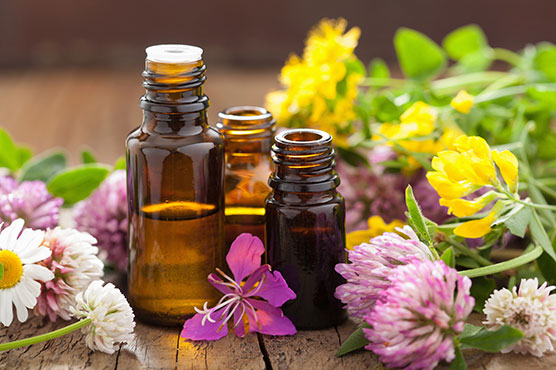Education Online Courses Non-Credit Courses Aromatherapy
Aromatherapy & Health: An Introduction

The use of essential oils, widely known as Aromatherapy is gaining attention in integrative care practice, and for good reason. They offer another tool in integrative healthcare that is simple, effective, and inexpensive. Though there is still much to be discovered through research and experience, aromatherapy is making inroads into hospitals and health care practices. This branch of phytotherapy can be safely employed in most situations to complement and enhance treatments, often with notable results.
This course provides clinicians with an understanding of aromatherapy implementation and how to counsel patients on its use in their health strategy.
Learning Objectives
- Describe modern day science behind aromatherapy and its roots in botanical medicine.
- Review ten essential oils from the materia medica and first aid uses.
- Review current research on essential oils for health care.
- Apply essential oil use to a variety of case scenarios.
- Review training and certification for aromatherapy.
Completion Requirements
Complete all the course work, course evaluation, and the final test with a score of 70% or better. Upon successful completion you will be able to print your certificate of completion (shows participation, not CE credits).
Curriculum
- Overview - Explore the history of aromatherapy, the sense of smell and how aromatherapy can be an effective tool in integrative healthcare.
- Essential Oils - Learn how to use ten of the most popular essential oils to address a host of health issues (Bergamot, Clary Sage, Eucalyptus, Frankincense, Ginger, Lavender, Peppermint, Rose Geranium, Rosemary, and Tea Tree).
- Practical Applications - Explore methods of essential oil applications, patient-case scenarios and how to extend your training.
- Exam
- Evaluation
Target Audience
Physicians, nurse practitioners, physician assistants, nurses, dietitians, and other interested health care professionals.